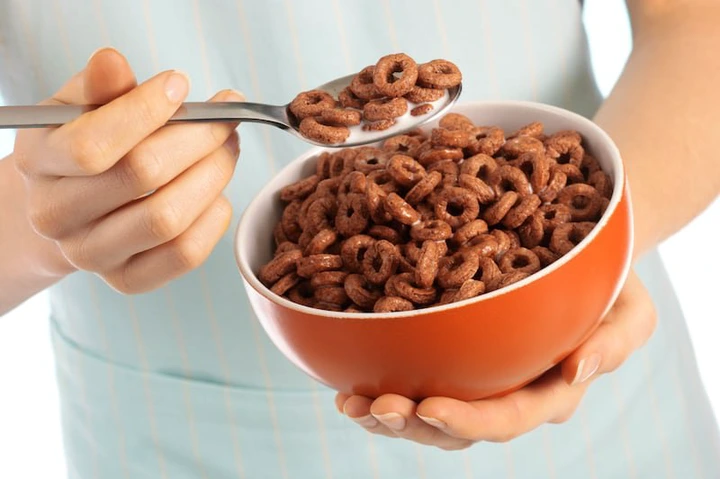Amidst a deluge of information, confusion abounds. Nutritionist Dr. Carrie Ruxton sets the record straight on prevalent nutrition myths.

View pictures in App save up to 80% data.
With the commencement of the new year, many individuals set out to adopt healthier dietary habits and positive lifestyle shifts.
In our era, characterized by social media, influencers, and a plethora of information, distinguishing fact from fiction in nutrition is increasingly difficult.
In this article, Dr Carrie Ruxton, a nutritionist and consultant for the General Mills fibre initiative, dispels common misconceptions about healthy eating to simplify your journey this January.
Myth 1: Breakfast is a must right after waking up.
Ruxton points out that while it's a common belief that breakfast is the most important meal, starting the day with food immediately after waking is not a necessity.
Although breakfast can be a way to energize your day, some studies do not definitively establish it as the most critical meal.

View pictures in App save up to 80% data.
"Breakfast options like whole grain cereals are excellent and can also help manage appetite," she noted.
She prefers to postpone her first meal until after 11am, adhering to the principles of intermittent fasting, which involves restricting eating to a specific daily window.
Myth 2: Fiber is only for bowel regularity.
Research indicates that fiber offers a multitude of health benefits beyond just maintaining regular bowel movements; it also helps regulate blood sugar levels.
"Ruxton emphasized that fiber also reduces blood cholesterol and decreases the risk of heart disease and diabetes. 'Fiber supports a healthy gut microbiome, which is the collection of bacteria in your gut. This can improve your immune system, mood, cognitive function, and enhance calcium absorption in the gut, contributing to stronger bones.'"
It is recommended to incorporate foods like whole grains, beans, and fiber-rich snacks such as nuts into your diet.











